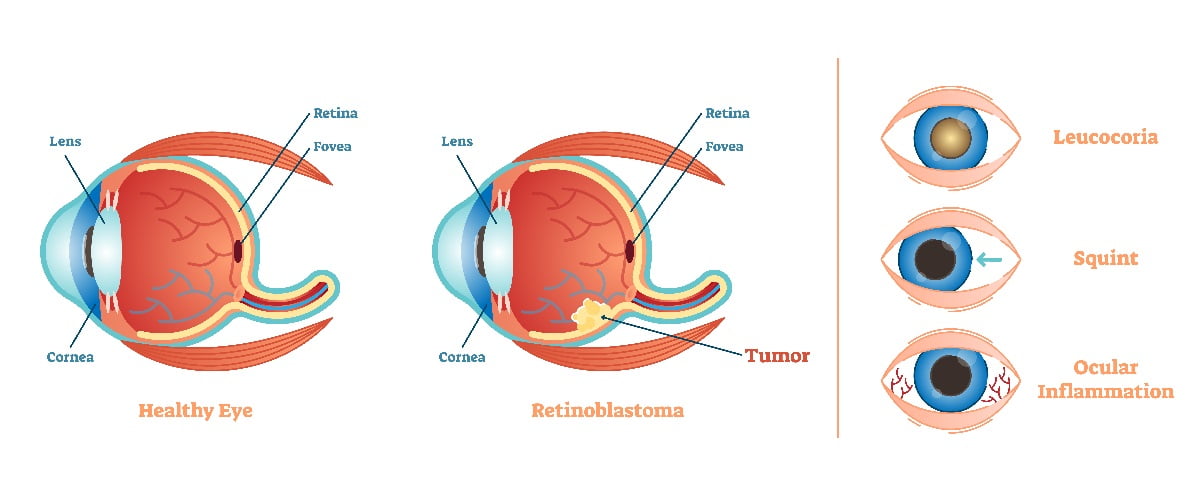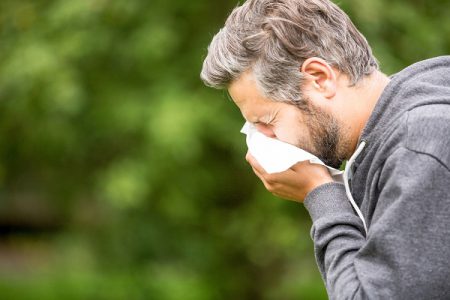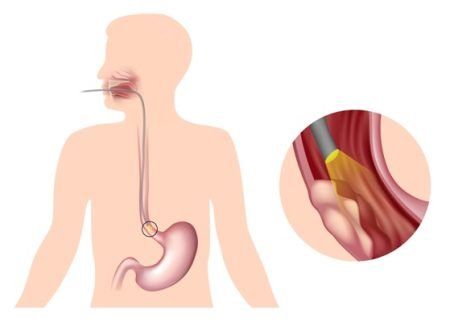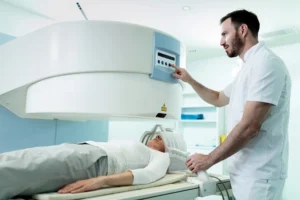How Are Achalasia and Esophageal Cancer Related?
- Updated on: Jul 10, 2024
- 2 min Read
- Published on Feb 7, 2019

Can achalasia cause esophageal cancer?
Achalasia is a rare disorder affecting the esophagus. In this condition, the lower esophageal sphincter or the muscle at the lower end of the esophagus is not able to completely relax. This leads to a difficulty in swallowing which ultimately results in the backup of food.
It is observed that patients suffering from achalasia are at a 50 times higher risk of acquiring esophageal cancer compared to those who do not have achalasia. Doctors suggest that if achalasia is not timely treated, it can lead to the development of esophageal cancer. An estimate suggests that esophageal cancer affects more than 4,50,000 persons across the globe and ranks on number eight in the list of most common cancers worldwide. In some cases, esophageal cancer develops after 10-20 years of the onset of achalasia symptoms.
Achalasia risks esophageal cancer
The association of achalasia and esophageal carcinoma was first reported in the year 1872. In a research publication, titled “Does achalasia predispose to cancer of the esophagus?”, it was stated that achalasia leads to an increase in infectious bacterial growth. The continuous retention of food leads to some chemical irritations that culminate in chronic esophagitis. This makes the epithelium more sensitive to carcinogens and may lead to the development of cancer of the esophagus.
In another research publication, titled “Achalasia and esophageal cancer: risks and links”, it was stated that in a Dutch study, it was found that more than 8% of 331 patients with achalasia who were previously treated with pneumatic dilation developed Barrett’s esophagus over a period of up to 25 years. It was also found that the incidence of esophageal adenocarcinoma (EA) in patients with achalasia was more than 21 cases per 1,00,000 patients. It was concluded in the study that achalasia is a risk factor for EA as most cases are associated with Barrett’s esophagus, due to uncontrolled chronic acid reflux resulting from achalasia.
Reducing the risk of esophageal cancer by treating achalasia
There are no specific screening methods for patients suffering from esophageal cancer developed after prolonged achalasia. The diagnosis of achalasia is important to detect severe conditions associated with it such as Barrett’s esophagus, heartburn or uncontrolled chronic acid reflux, etc. When dysplagia develops, several diagnostic tests are recommended such as barium-swallow, manometric analysis, endoscopic analysis, etc. These tests help in defining the severity of the condition and confirm achalasia presence.
If a patient’s condition is deteriorating continuously, there might be chances of esophageal cancer developing inside the body. These patients have decreased esophageal motility and lack of peristalsis may lead to prolong exposure of the esophageal mucosa to acid. To determine the degree or extent of esophageal cancer, endoscopic ultrasound (EUS), positron emission tomography (PET), etc are used as confirmatory tests. Biopsy is recommended to confirm the diagnosis of esophageal cancer.
After these tests are done, proper treatment should be given to the patient to rule out the risk of esophageal cancer. Treatments such as pneumatic dilatation, per-oral endoscopic myotomy (POEM), laparoscopic Heller myotomy, etc are best recommended during achalasia. If achalasia is diagnosed at a very early stage or if the patient cannot undergo surgical procedures, botulinum toxin (Botox) injections are given to the patient as a temporary treatment method. Ifthe esophageal cancer is detected in the test, chemotherapy, radiation therapy, esophagogastrectomy, etc are recommended procedures to treat the condition.












